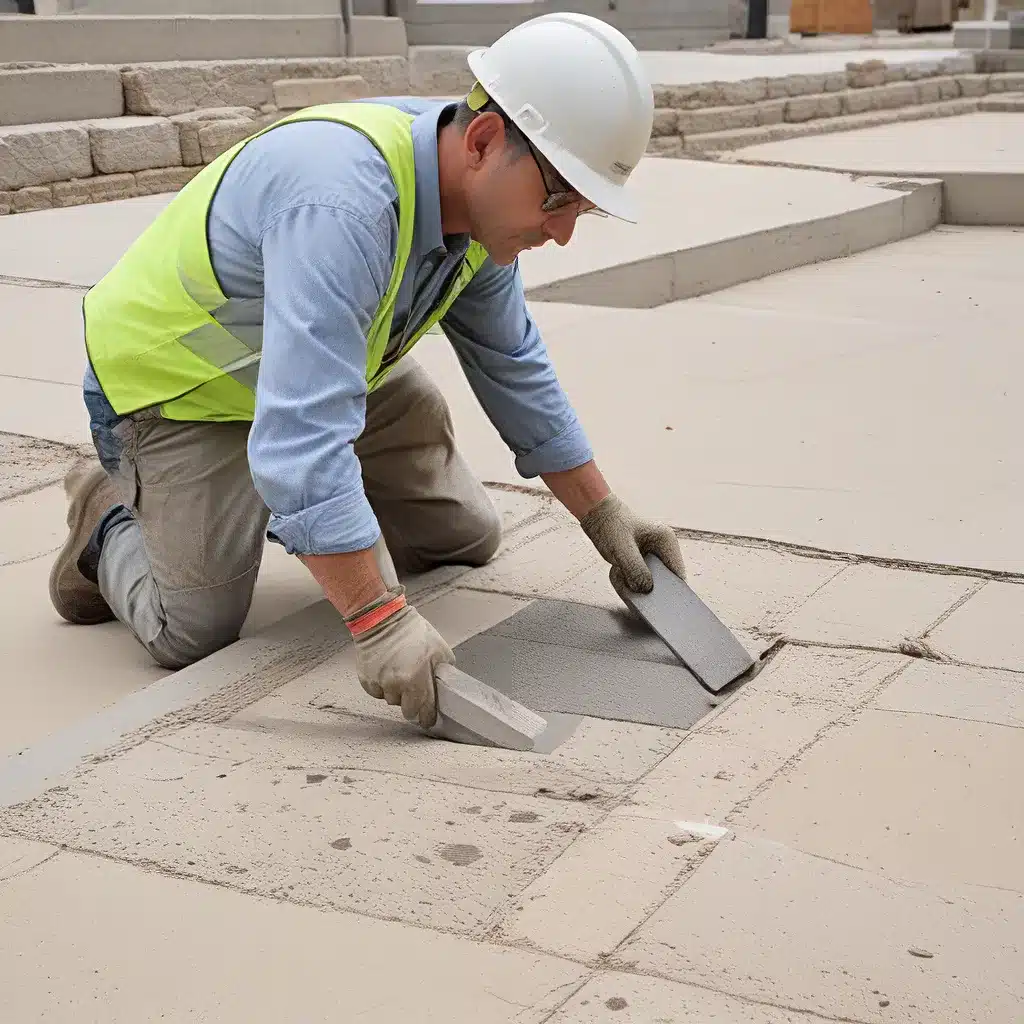
Understanding Concrete Permitting in Kansas City
When it comes to concrete projects in Kansas City, navigating the permitting process can be a crucial yet often overlooked step. Whether you’re a homeowner planning a new driveway or a commercial contractor tackling a major structural foundation, understanding the local regulations and requirements is essential for a successful outcome. This article aims to provide a comprehensive guide to the concrete permitting landscape in Kansas City, empowering you to make informed decisions and avoid common pitfalls.
The Importance of Concrete Permits
Obtaining the necessary permits for your concrete project is more than just a bureaucratic hurdle – it’s a critical safeguard for ensuring safety, compliance, and the long-term integrity of your investment. Kansas City’s permitting process is designed to uphold building codes, zoning laws, and environmental regulations, all of which play a vital role in protecting both the contractor and the end-user. By following the proper permitting procedures, you can rest assured that your concrete work meets the rigorous standards set by local authorities, minimizing the risk of costly issues down the line.
Navigating the Permitting Process
The concrete permitting process in Kansas City can vary depending on the scope and nature of your project. Generally, you’ll need to submit an application, provide detailed plans and drawings, and pay the required fees before commencing any work. The specific requirements may include:
- Residential Projects: Permits are typically required for new driveways, patios, sidewalks, and any concrete work that exceeds a certain square footage or depth.
- Commercial Projects: Permits are mandatory for all commercial concrete projects, including foundations, slabs, and specialized structures like loading docks or retaining walls.
- Demolition and Replacement: If you’re removing and replacing existing concrete, you’ll likely need a permit to ensure the new work meets current standards.
It’s important to research the applicable codes and regulations early in your planning process to avoid delays or unexpected costs. The Kansas City Public Works Department and the Department of Codes Administration are excellent resources for understanding the specific permitting requirements for your project.
Choosing the Right Concrete Contractor
Selecting a qualified and experienced concrete contractor is crucial for navigating the permitting process successfully. Look for contractors with a strong track record of working within Kansas City’s regulatory framework, as they’ll be better equipped to guide you through the necessary steps and ensure compliance. When interviewing potential contractors, be sure to ask about their familiarity with local permitting requirements, their process for obtaining permits, and their history of working with the relevant authorities.
Permit Approval and Inspections
Once you’ve submitted your permit application and paid the required fees, the review and approval process can take several weeks, depending on the complexity of your project. During this time, the permitting authorities will carefully examine your plans and drawings to ensure they meet all the necessary building codes and regulations. Once your permit is approved, you’ll need to schedule periodic inspections throughout the construction process to verify that the work is being completed according to the approved plans.
Navigating Permit Challenges
Even with the best planning, you may encounter unexpected challenges or roadblocks during the permitting process. If you encounter issues, it’s crucial to stay calm, communicate openly with the permitting authorities, and work collaboratively to find a resolution. Some common challenges may include:
- Permit Denials: If your permit application is denied, the permitting authorities will provide a detailed explanation of the reasons. You can then work with your contractor to address the issues and resubmit your application.
- Inspection Failures: If an inspection fails, you’ll need to correct the identified issues and schedule a re-inspection. Maintaining clear communication with the inspectors and being proactive in addressing their concerns can help expedite the process.
- Permit Amendments: If you need to make changes to your approved plans, you’ll likely need to submit an amendment to your permit. This can involve additional fees and review time, so it’s best to minimize changes once the permit is approved.
The Benefits of Working with a Professional Concrete Contractor
Navigating the concrete permitting process in Kansas City can be a complex and time-consuming task, but the benefits of working with a professional concrete contractor cannot be overstated. A reputable contractor will have a deep understanding of the local regulations, the necessary documentation, and the inspection procedures, allowing them to guide you through the process efficiently and with minimal disruption to your project. Additionally, their expertise and attention to detail can help ensure that your concrete work is of the highest quality, meeting or exceeding all relevant building codes and standards.
Concrete Contractor Kansas City is a leading provider of concrete services in the Kansas City metropolitan area, with a proven track record of success in navigating the local permitting landscape. Their team of experienced professionals can assist you with every step of the permitting process, from initial planning and application submission to final inspections and project completion. By partnering with a trusted concrete contractor, you can enjoy the peace of mind that comes with knowing your project is in good hands and that it will meet all the necessary regulatory requirements.
Conclusion
Obtaining the proper concrete permits in Kansas City is essential for ensuring the safety, legality, and long-term success of your project. By understanding the local regulations, working with a qualified contractor, and navigating the permitting process proactively, you can avoid costly delays, legal issues, and structural problems down the line. Remember, investing the time and effort upfront to secure the necessary permits is a small price to pay for the assurance that your concrete work will stand the test of time and meet the rigorous standards set by Kansas City authorities.

